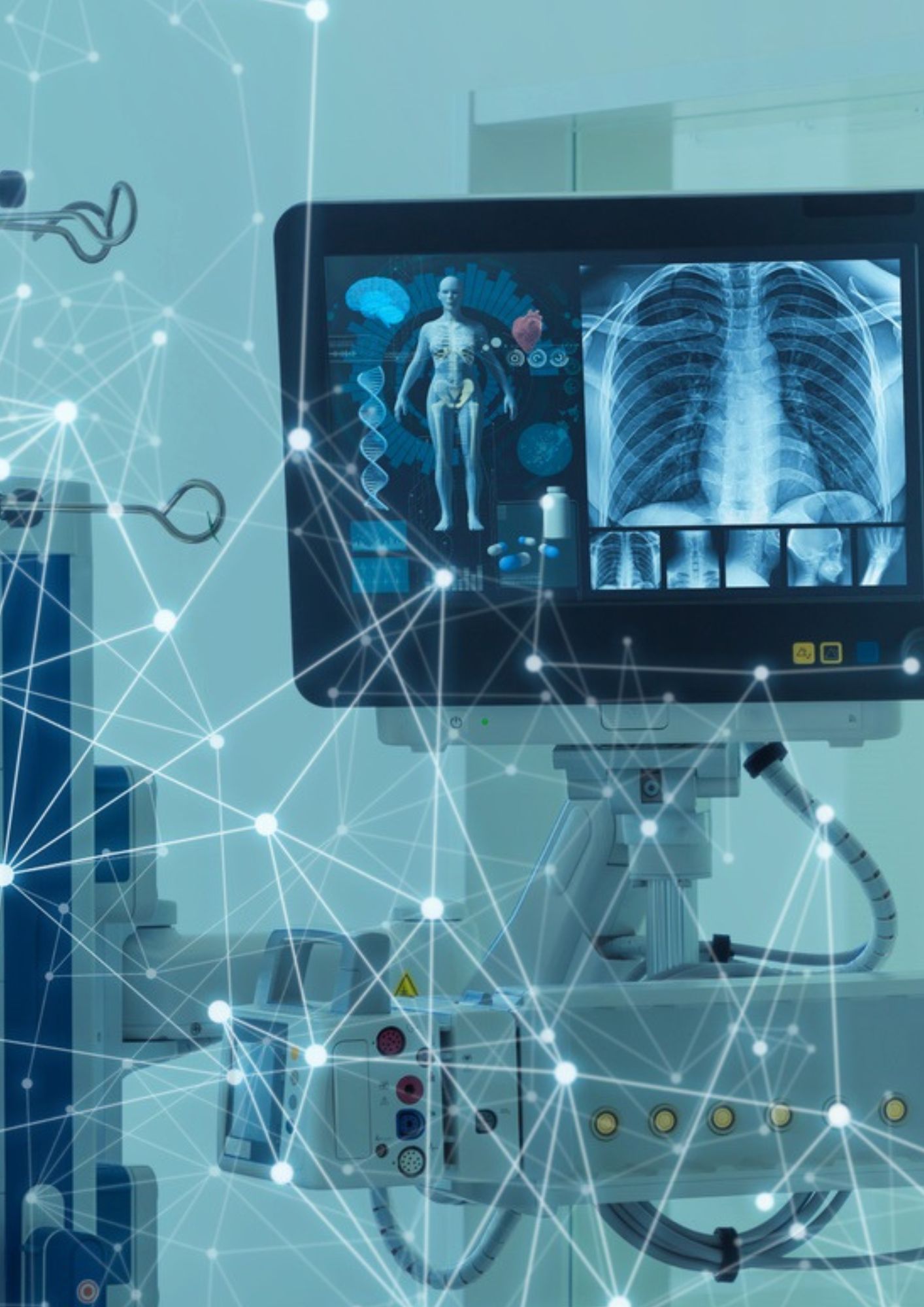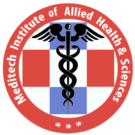DEGREE
Bachelor of Radiology & Imaging Technology (BRIT)

ABOUT THE PROGRAMME
A Bachelor of Radiology & Imaging Technology (BRIT) is a specialized undergraduate program focusing on the principles and practices of medical imaging. This comprehensive course typically spans three to four years, combining theoretical knowledge with practical skills essential for a career in diagnostic radiography. BRIT curriculum covers subjects such as radiographic anatomy, radiographic physics, medical imaging techniques, and radiation safety.
Students undergo hands-on training in operating imaging equipment, including X-ray machines, CT scanners, and MRI machines. Clinical internships are integral, providing real-world experience in capturing and interpreting medical images. The program aims to equip graduates with the expertise needed to produce high-quality diagnostic images crucial for medical diagnosis and treatment planning. BRIT graduates often find opportunities in hospitals, clinics, imaging centers, and research institutions, contributing to healthcare through proficient medical imaging and patient care.
Eligibility Criteria
What Will You Learn?
- Radiographic Anatomy
- Radiographic Physics
- Medical Imaging Techniques
- Radiation Safety
- Equipment Operation
- Patient Care
- Clinical Internships
curriculum
- Anatomy and Physiology: Study the structure and function of the human body to develop a solid foundation for understanding medical imaging.
- Radiographic Physics: Explore the physics principles underlying various imaging modalities such as X-ray, CT, and MRI.
- Medical Imaging Techniques: Introduce basic imaging techniques, including X-ray radiography and positioning techniques.
- Basic Patient Care: Learn the fundamentals of patient care, emphasizing communication and ethical considerations in healthcare settings.
- Advanced Radiographic Procedures: Expand knowledge in radiographic procedures and positioning for a variety of anatomical regions.
- CT Scanning: Delve into the principles and practices of computed tomography (CT) imaging.
- MRI Imaging: Study magnetic resonance imaging (MRI) principles and techniques for detailed soft tissue imaging.
- Radiation Safety and Protection: Explore advanced topics in radiation safety and protection, ensuring compliance with safety standards.
- Clinical Internship: Engage in hands-on clinical training in medical imaging departments, applying theoretical knowledge in real-world scenarios.
- Specialization Electives: Choose elective courses to specialize in a particular area, such as CT or MRI, based on career interests.
- Research Project: Conduct a research project related to radiology and imaging technology, integrating practical skills with research methodologies.
- Professional Development: Focus on professional development, including communication skills, ethics, and continued learning in the rapidly evolving field of medical imaging.
Career path
- Diagnostic Radiographer
- CT Technologist
- MRI Technologist
- Radiation Therapist
- Radiology Manager/Administrator
Begin Your Journey in Radiology & Imaging Technology
Take the first step towards a fulfilling career in healthcare!
